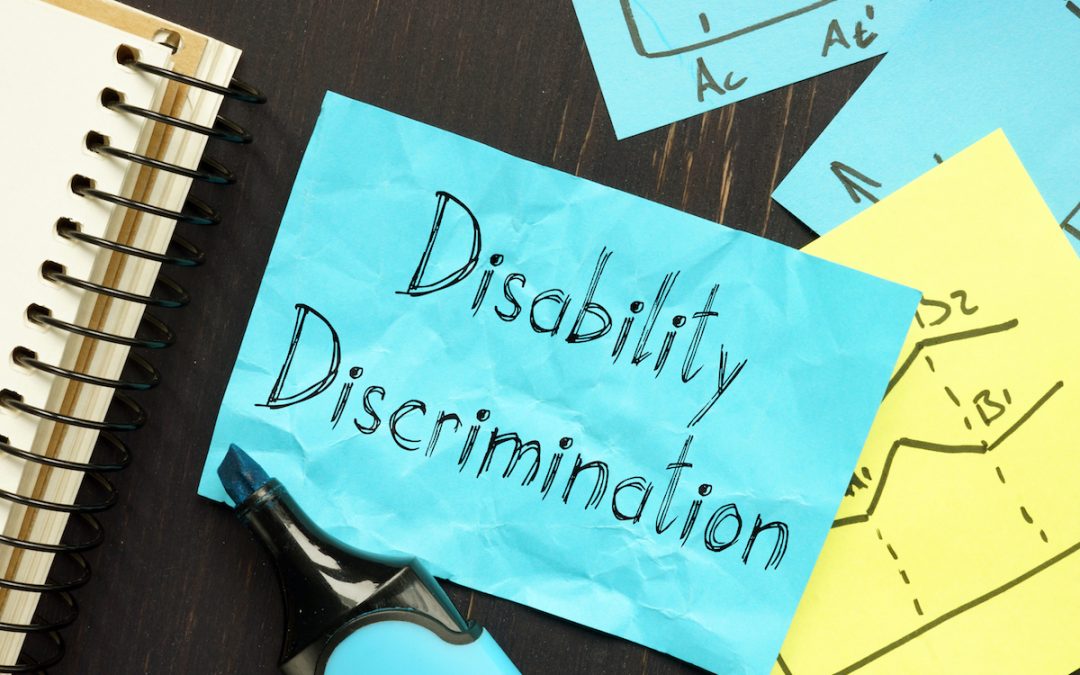Disability is a protected characteristic under the Equality Act 2010, which means disabled people are legally protected from discrimination at work. Deciding if someone is disabled involves applying the test from section 6 of the Equality Act 2010. This defines a disability as a physical or mental impairment that has a substantial and long-term adverse effect on their ability to perform normal day-to-day activities. Here are five key points for employers to consider:
- Impact of Medication Is Ignored:
- When assessing disability, you must ignore the effects of medication, including things like counselling and special diets.
- The only exception is sight correction. Separate rules say anyone certified as blind, severely sight impaired, or partially sighted by an eye specialist are automatically considered disabled.
- Certain Conditions Are Excluded:
- Some conditions don’t count as disabilities. These include addictions to alcohol, nicotine, or other substances (unless medically prescribed), seasonal allergies like hay fever (unless they worsen another condition), and tendencies to set fires, steal, abuse others, exhibit, or spy on people.
- Some Conditions Are Automatically Included:
- Conditions like cancer, HIV, and multiple sclerosis are considered disabilities from the moment they’re diagnosed.
- Past Disabilities Count Too:
- Even if someone is no longer disabled but met the criteria in the past, they can still claim disability discrimination if they’re treated unfairly because of their past condition.
- This also applies if they’re still experiencing effects from past treatments.
- Progressive Conditions:
- For progressive conditions (like dementia or motor neurone disease), the person is considered disabled as soon as the condition starts to affect their daily activities, even if the effect isn’t continuous or substantial yet. It’s enough if it’s likely to become substantial in the future.
By keeping these points in mind, employers can better navigate the process of determining if an employee is disabled and ensure they are meeting their legal obligations.
Find out how we can help. Our partner, Jon Dunkley, heads the Wollens specialist Employment Department. Contact him today for an informal chat, without obligation on 01271 342268 or via email at [email protected].



